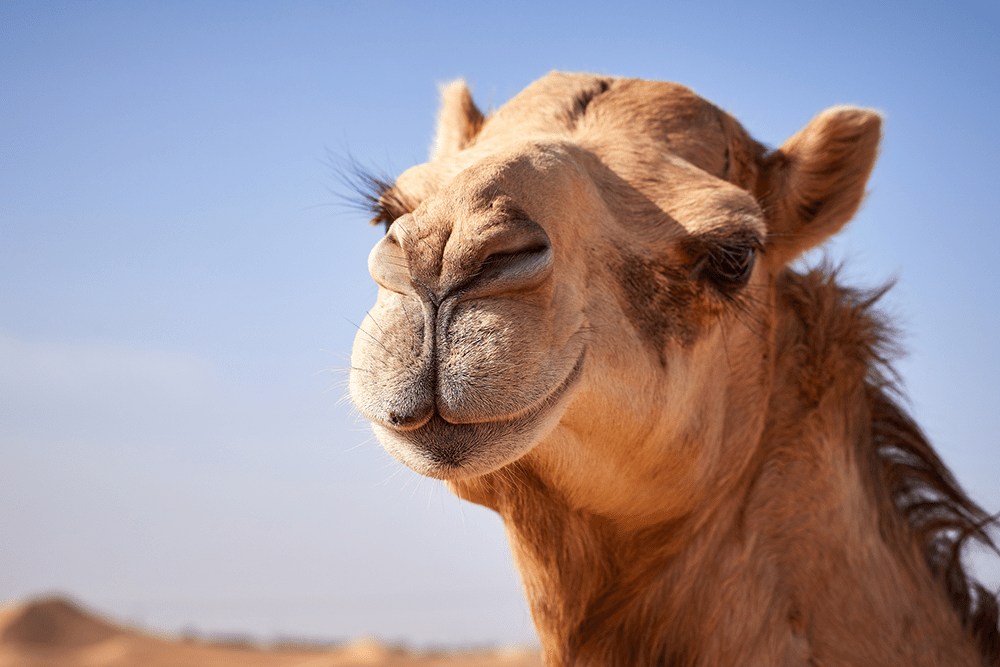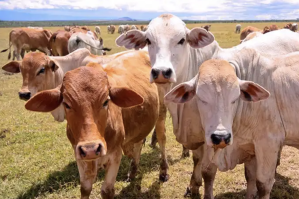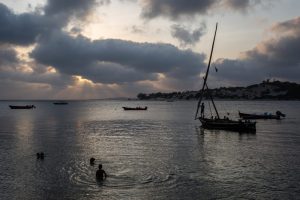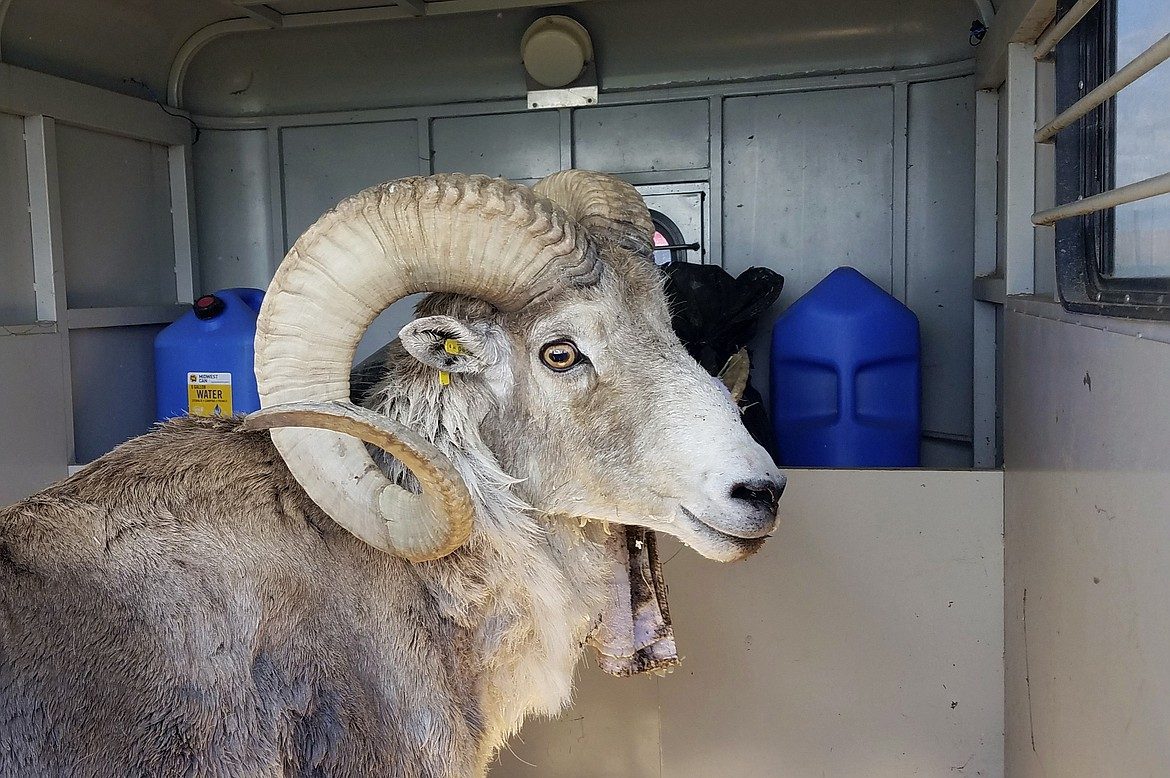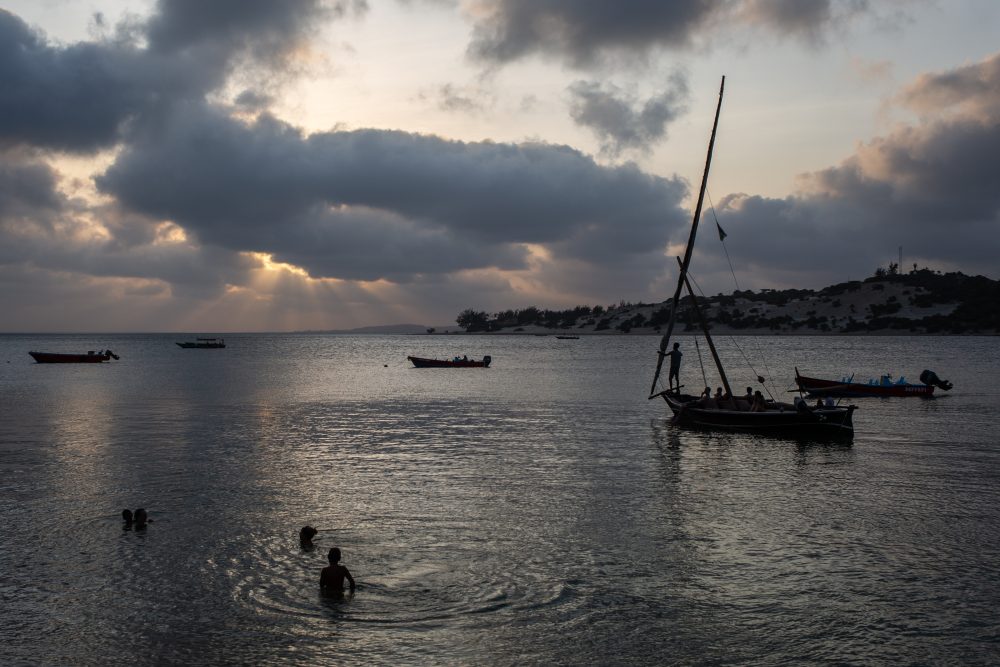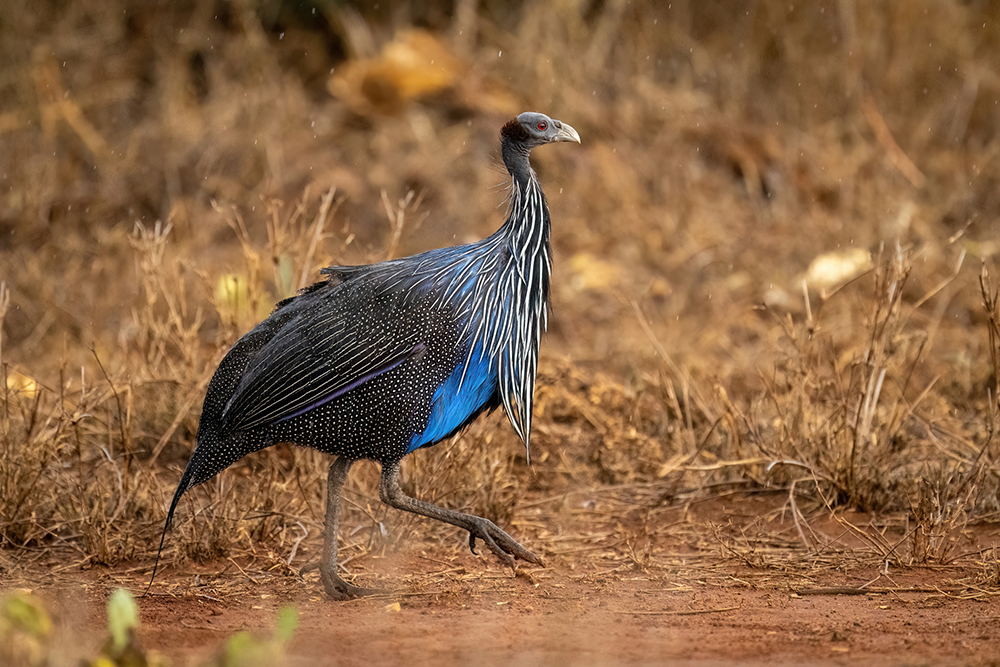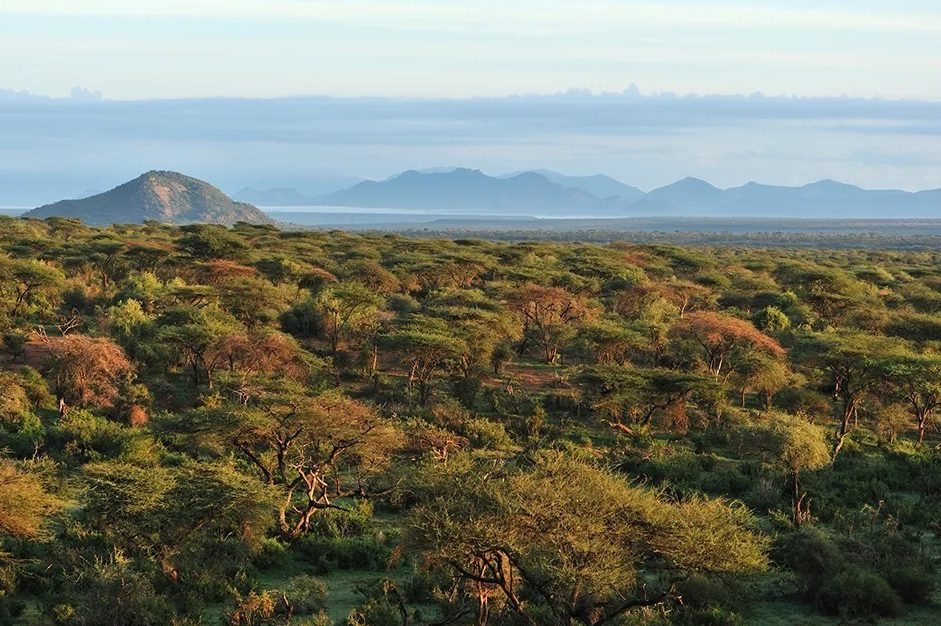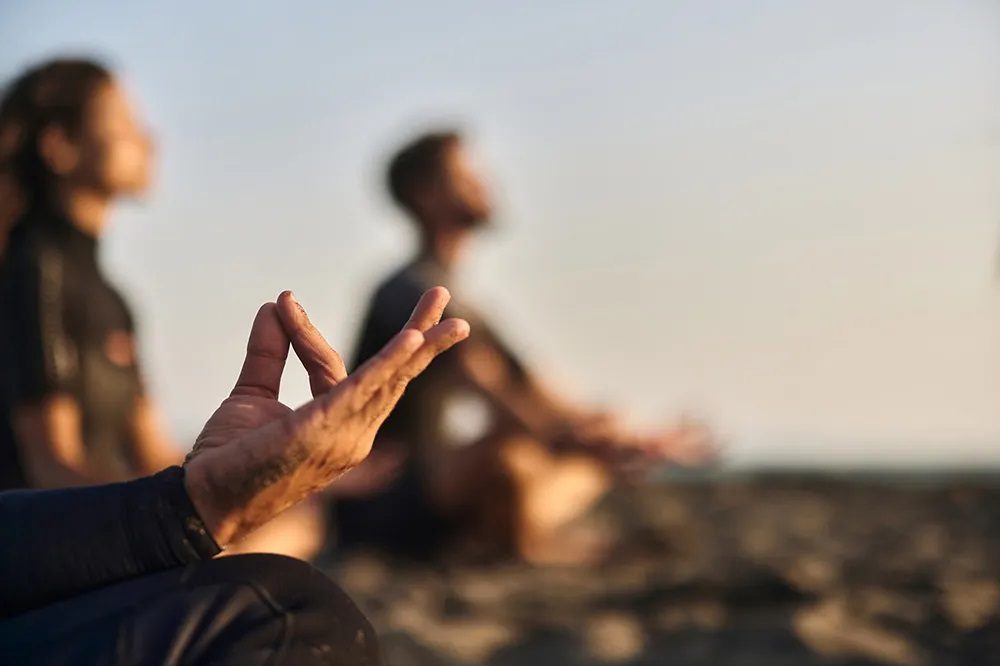Laikipia, Kenya
For decades now I have kept only cattle, goats and sheep on the farm, but for the first time this week, we have a herd of dromedaries browsing in the valley. To see these beautiful creatures moving through the acacia woodland is a pleasure – and I reckon a shrewd move on my part. Camels nibble back the thick bush, which allows the pasture to sprout in the sunshine, which is good for my cows. Camels bellow yet smell sweet. They have rabbit lips with which they lovingly nibble your collar, big giraffe eyes and long, tarty eyelashes. Camels let down their milk long after cattle udders have shriveled up in a drought. Goats are hardy but nibble bushes to the stump, whereas sheep tear grass out by the root and seek any excuse to die. A camel tends to browse only the higher branches, its soft-padded feet do not scour the ground and erode the soil like a cattle track, and it can survive for three weeks without going to water. “A camel man is a man,” the Somali nomads say, “but a goat man is half a man – and a cow man is no man at all.”
Cyclical droughts in East Africa have been killing ever more cattle, leaving pastoralists destitute and forcing them to the margins of towns to find work as night guards, corner boys and hustlers. These youngsters are often out of sorts and, being from the poorest communities, few have the chance of an education that will help them in life. They are disinclined to take up hoe or spade and they can become angry at the modern world. Yet they are the sons of Africa’s best stockmen, who for centuries bred the finest humped Boran cattle, fat-tailed Blackhead Persian sheep worthy of an Old Testament sacrifice and the superb, snow-white Galla goat.
Some of the camel herds on the farm now are Somalis, and the Somalis are the greatest of camel men, whose poetry focuses on about three things – love, war and camels. The Somalis joke that the camel was the last animal created by Allah, who in his fatigue stuck the head of a giraffe on to a body with a lion’s skin and then, as it shuffled away, he threw the organ of a man at the camel’s rear so that it stuck on backwards. There are more camels in Somalia than anywhere on Earth and many have spilled over into Kenya, providing a diet of meat, very healthy milk and an excellent method of transport. Even their hair can be used for weaving – as anybody knows after sleeping under a Bactrian blanket from Mongolia.
Having camels on the farm awakens happy memories. My father was obsessed by camels. He made many journeys on them across Africa and Arabia’s bone-strewn deserts. In the second world war, he led a band of camel scouts on the coast of the Bab el-Mandeb Strait and spotted a surfacing Italian submarine, the Galileo Galilei, which was then captured by the Royal Navy. At my childhood home, the place was piled with camel bells, stirrups and saddles, Afar knives, the smell of sand, rancid butter, commiphora resins and tribal leather. When he was off to the Sahel he insisted on interrupting French lessons with my astonished tutor. “Les hommes soufflent dans le vagin du chameau pour voir si elle est enceinte!”
The Somalis are the greatest of camel men, whose poetry focuses on about three things – love, war and camels
In his eighties Dad teamed up with my elder brother Kim to persuade Maasai pastoralists in the borderlands between Kenya and Tanzania to begin raising camels, since there was none there. Decades later as one drives through that country, the place teems with them. Kim and Dad had a camp near a dry riverbed, and after a day out herding with the pastoralists we would build a fire, slaughter a goat, eat together and sleep in a circle around the dying embers. Sometimes there was little food and we lived on tea and chapatis – and, when we ran out of flour, just a bag of dried onions. On a long walk when our camels bolted with the baggage after they got spooked by a lion or a puff adder, we relied on water from puddles soupy with filth. We improvised tea by brewing up a concoction made from a local Maasai shrub and we treated the water with wood ash to flocculate the muck and offset the tang of cow dung. Tasting it with a loud smacking of his lips, Dad said contentedly: “Ah, well. As the Arabs say, life is like a cucumber. One day it’s in your hand, the next it’s up your arse.”
Life in 2025 is like a cucumber in all ways, I think, as I listen to the camels bellowing at nightfall a little distance from where I am writing this.



